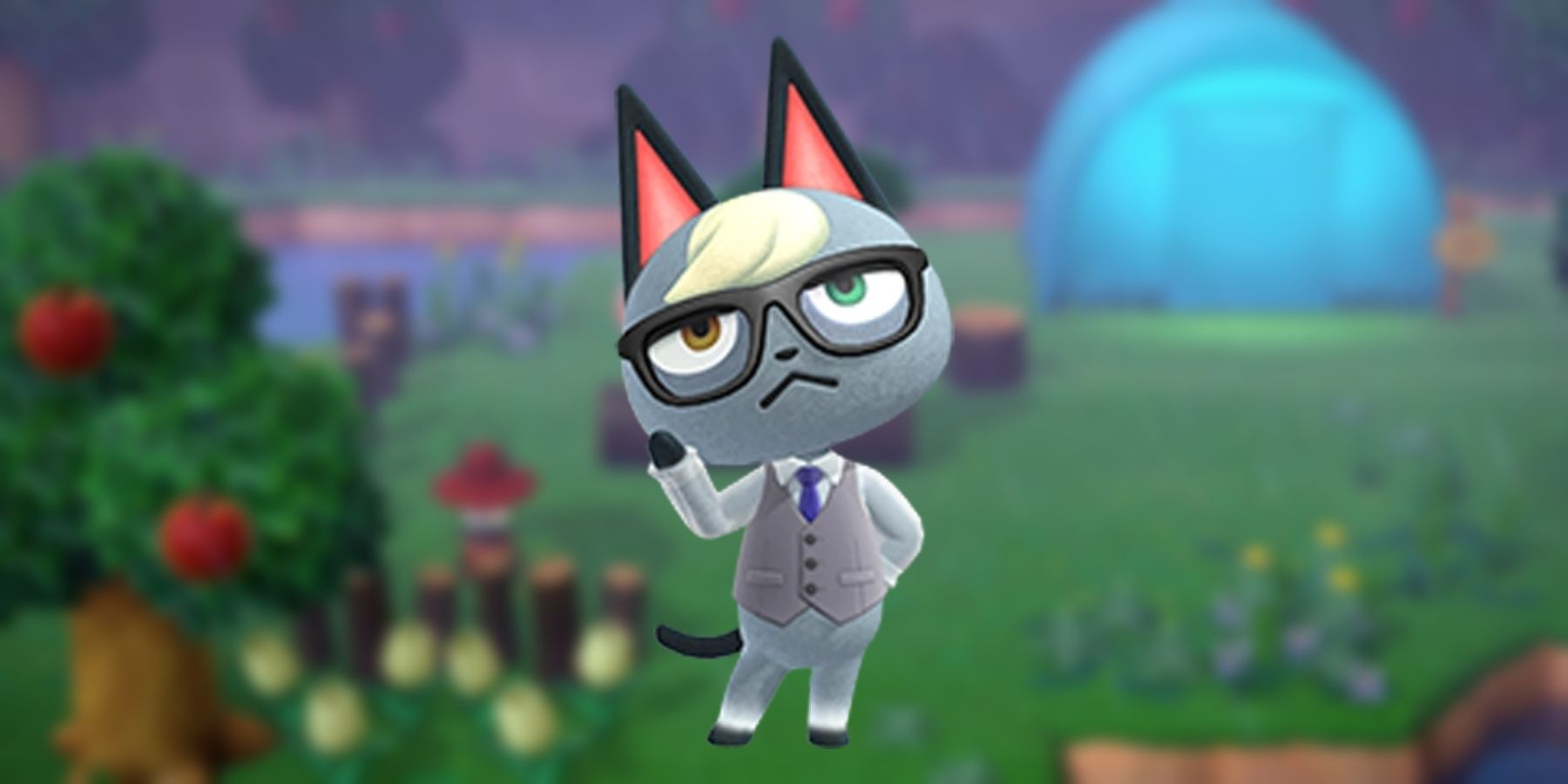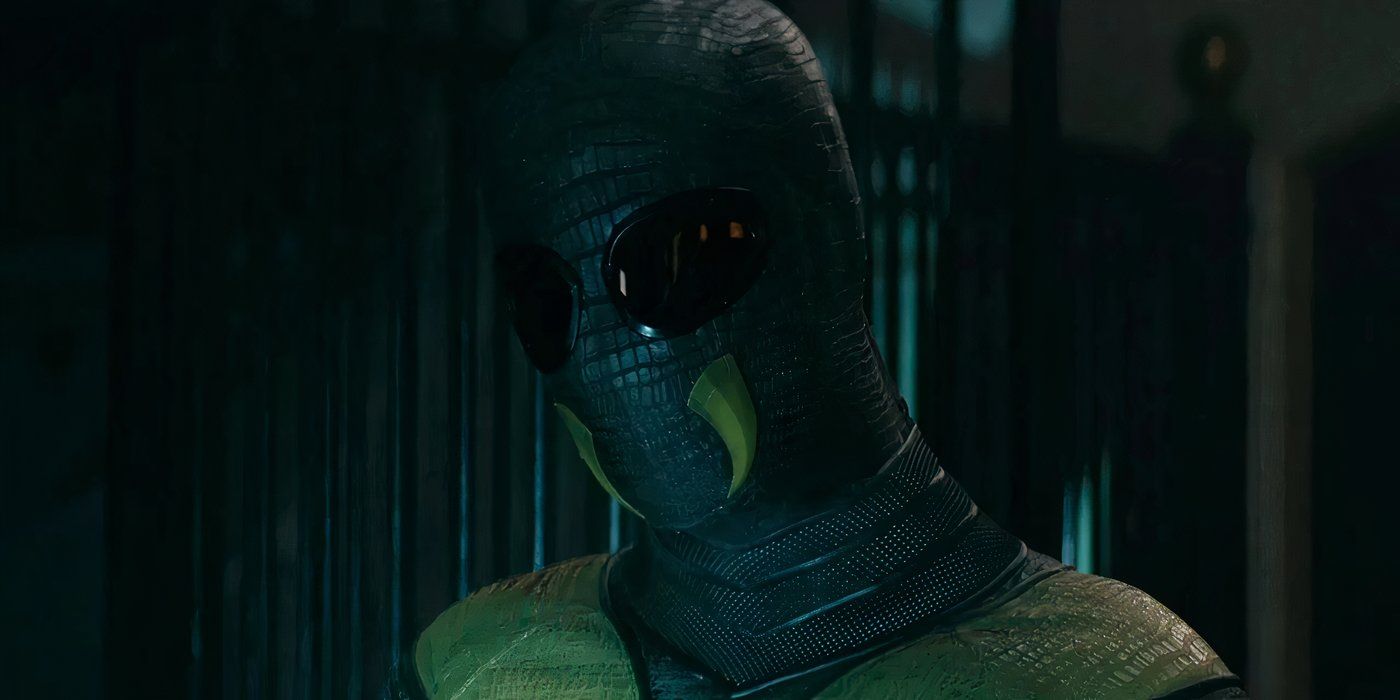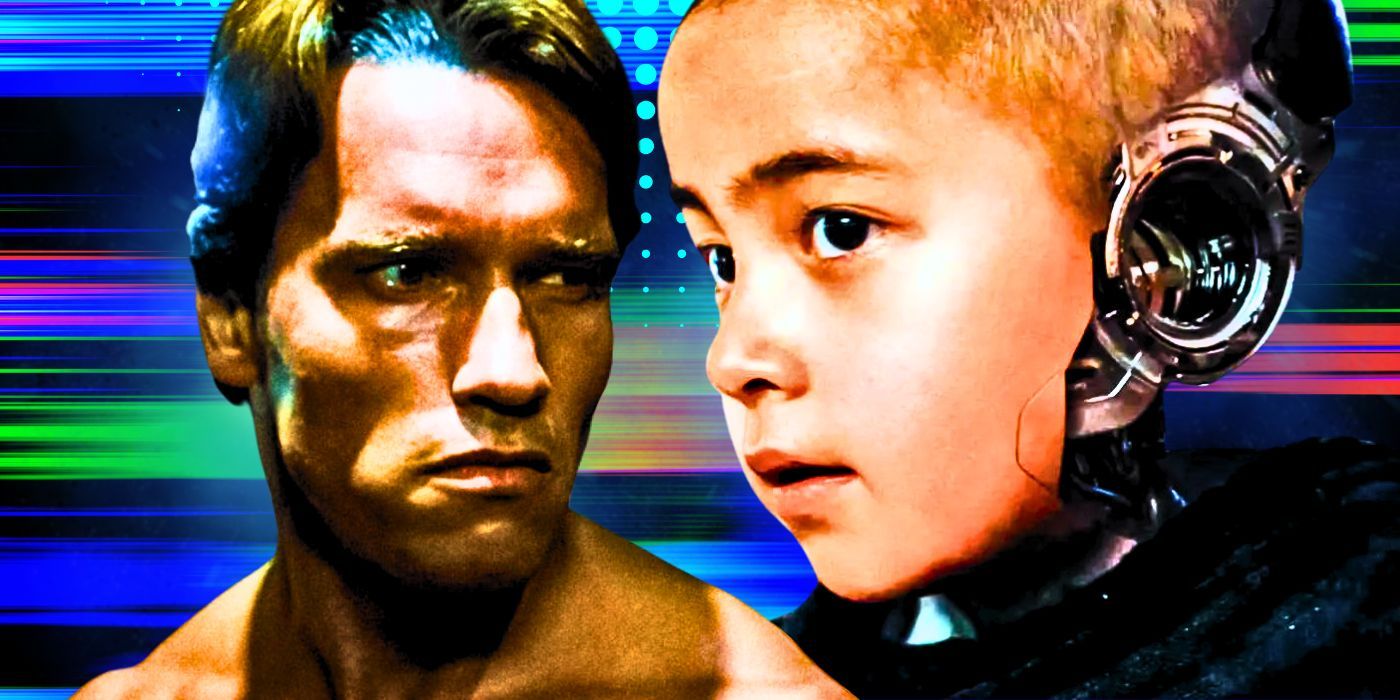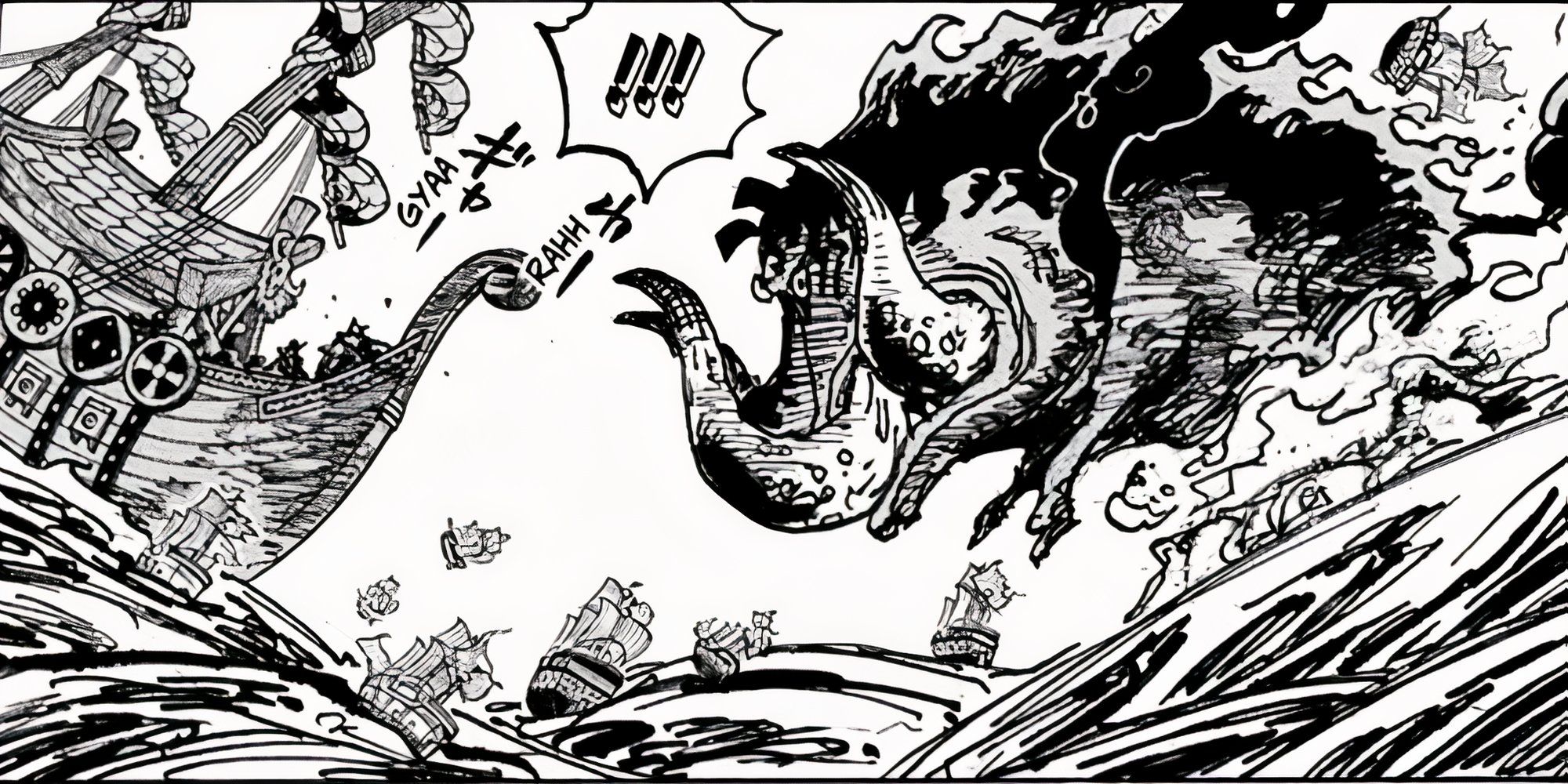It looks like Nintendo has its sights set on players of Animal Crossing: New Horizons players who trade in-game villagers for real money, which might not stick around much longer. New Horizons is arguably the most successful game in the Animal Crossing franchise, and this success has spawned numerous strange and surprising ways to interact with the game and its systems, many of which have been frowned upon or outright banned by Nintendo.
Animal Crossing: New Horizons owes much of its success to the villagers. Ever since the first game in the Animal Crossing series, villagers have formed the backbone of the game’s formula, and they’re a major reason the series is so successful. These cute, endearing animal people give the series its own unique identity, and even though some villagers are much more beloved than others, and some are outright hated, it’s safe to say the franchise wouldn’t be nearly as successful without them.
Some villagers, however, might just be too beloved. Certain villagers, including Dom the sheep, are being sold for nearly fifty real-life dollars. The infamous cat Raymond, whose wild popularity has led to a truly outlandish pseudo-economy where he can be sold for up to 1,500,000 in-game Bells, can also be obtained for almost $75 in real money. According to a Kotaku report, these actual real-life transactions are expressly forbidden by Nintendo, who only allows monetization of video footage of the game through let’s play channels and similar endeavors. A Japanese news website called J-Cast reached out to Nintendo to learn its opinion on the matter. Nintendo replied that it was aware of these violations and is currently looking into what steps should be taken to mitigate them.

This is not the first time enterprising Animal Crossing: New Horizons players have gone against Nintendo’s desires for the game. The developers are constantly addressing bugs that allow players to duplicate items and hack in extra copies of a given villager. Nintendo has also begun making their popular Amiibo cards to order, to prevent them quickly selling out and being redistributed by scalpers. The company clearly does not appreciate their pleasant, relaxing game becoming the setting for a cutthroat black market.
It’s pretty easy to understand Nintendo’s point of view here. Animal Crossing: New Horizons is a rather explicitly child-friendly game, and such illicit and remarkably expensive deals taking place in that atmosphere could have dreadful repercussions. It’s also frankly not healthy for anyone to spend $50 on the privilege of being able to spend time with a digital animal person, however cute they might be. There is always something to be said for allowing people to play a game the way they want to, but letting players charge steep prices for something so relatively minor sets a worrying precedent that Nintendo is probably right to stamp out while it has the chance.





